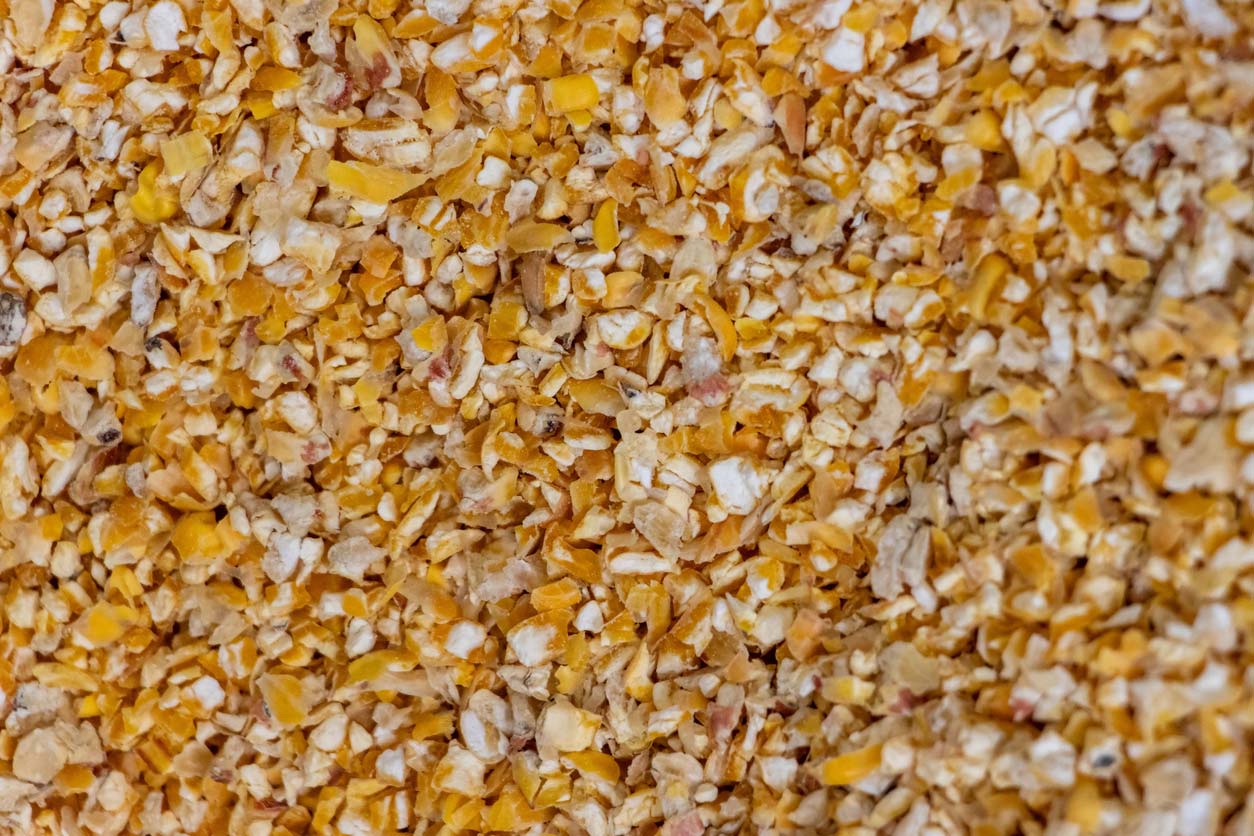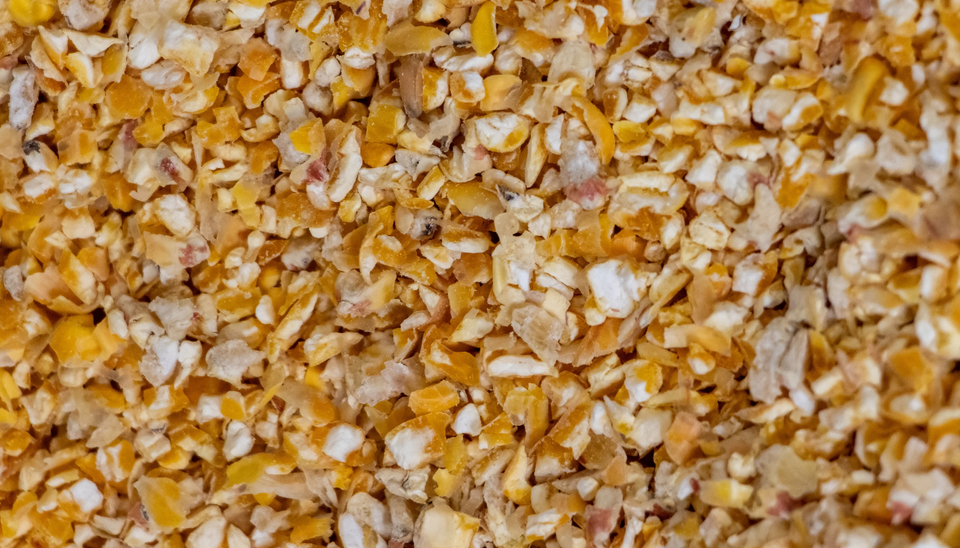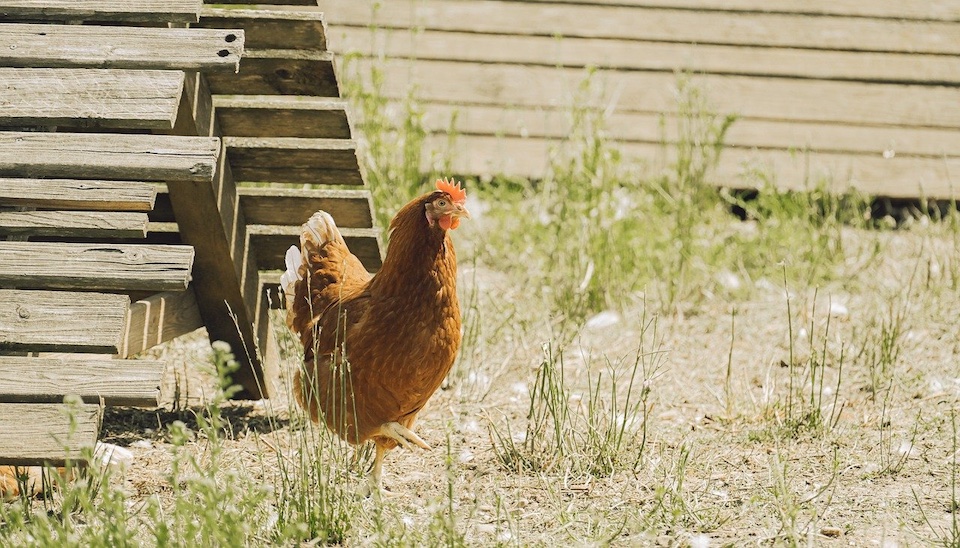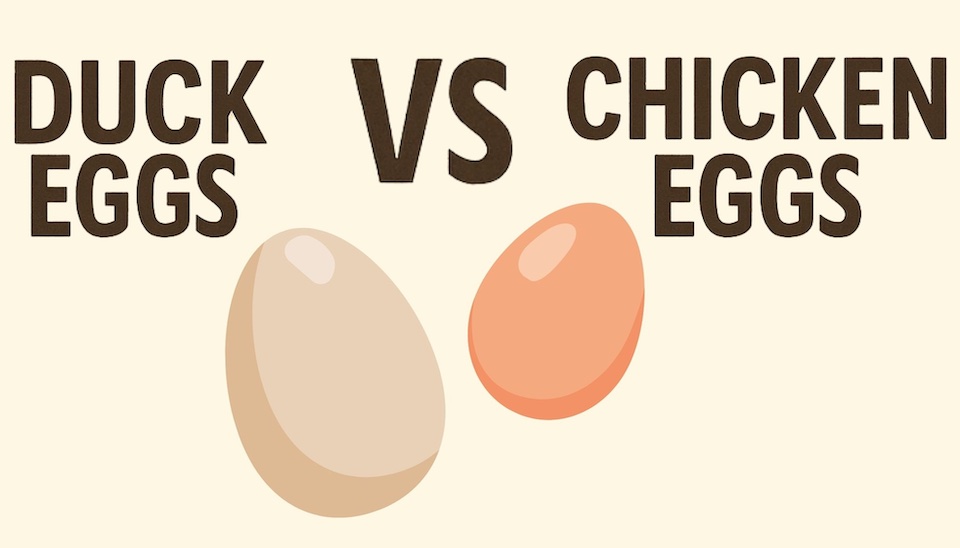Is Cracked Corn Good for Chickens
Is cracked corn good for chickens?
There is no simple answer to the question, 'Is cracked corn good for chickens?' The answer is: yes, and no.
Cracked corn is a healthy treat for chickens, when fed in moderation as part of a balanced diet. High-protein treats like Dried Mealworms are healthier, but cracked corn is ok in small amounts.
But any source that suggests you can feed your chickens just cracked corn is wrong. Cracked corn is not an essential part of a chicken's diet and it does not provide all of the nutrients that a chicken needs to thrive.
What is cracked corn?
Cracked corn is simply dried corn kernels that have been crushed (or cracked) into smaller pieces.
Cracked corn is usually made from maize, which is a variety of corn grown primarily for industrial processing and stockfeed. Maize corn is common in scratch mixes and it is often an ingredient in complete chicken feeds.
Maize is more nutritious and contains less sugar than sweet corn. So growing sweet corn to make cracked corn for your chickens would result in a very different nutritional profile to cracked corn made from mai

Cracked corn as chicken feed
Some sources suggest cracked corn as your chickens' main source of feed. In the past, cracked corn and foraging may have been a common diet for chickens. But although a hen could survive on that diet, it would not thrive.
Chickens should never be fed only, or even mostly, cracked corn because:
- Cracked corn does not contain the right proportions of the nutrients that chickens need
- Cracked corn is low in protein, which is a key nutrient for laying hens
- Modern chicken breeds have been developed to eat a complete feed
- A chicken on a cracked corn diet would only lay a few eggs a week
- Backyard chickens live longer than chickens in the past and need a balanced diet to be productive and healthy
- The quality of forage in most backyards is not sufficient to supplement a diet of cracked corn
Why is cracked corn bad for chickens?
A laying hen needs a minimum of 16 % protein in the diet for optimum productivity and health. Calcium, omega 3 fatty acids and a wide range of vitamins and minerals are also important.
Cracked corn contains only 9.5 % protein on average, meaning that it cannot meet the nutritional needs of a laying hen. It is also relatively low in calcium and omega 3 fatty acids.
Cracked corn only has some of the vitamins, minerals and nutrients that chickens need to thrive
If chickens eat too much cracked corn, the high carbohydrate content can cause obesity and other health problems.
When is cracked corn good for chickens?
Cracked corn is a great treat for chickens. Because it is high in carbohydrates, it is particularly good in the winter months.
But, like all treats, cracked corn should be fed in moderation. Never give your birds more than they will eat in 10-20 minutes. A handful of cracked corn scattered in the run can be a great way to encourage foraging behaviour.
Some chicken keepers swear by cracked corn for rich yellow egg yolks. However, lots of different feeds contribute to rich egg yolk colour and especially leafy green forage, so corn isn't essential.
Ultimately, your bird's main source of nutrients should be a complete feed. This will give you the healthiest, most long-live and productive chickens.
The ultimate verdict: Should you feed your chickens cracked corn?
If you really want to feed your chickens cracked corn, go ahead. A little cracked corn as a treat will not do your birds any harm. It's not as healthy as a protein-rich treat like Dried Mealworms, but it contains plenty of energy.
But if you want healthy and productive chickens, the majority of their diet should be a complete layer feed. Cracked corn should be an occasional treat, fed in small amounts. Under no circumstances should you feed your chickens just cracked corn.
Would you like to learn more about how to give your chickens the best diet for health and egg production? Check out our blog:
- What is the nutritional value of chicken feed?
- The best diet for laying hens
- Feeding scraps to chickens - dos and don'ts
- How much protein do chickens need?
Happy chicken keeping!
Rachael at Dine a Chook Australia



